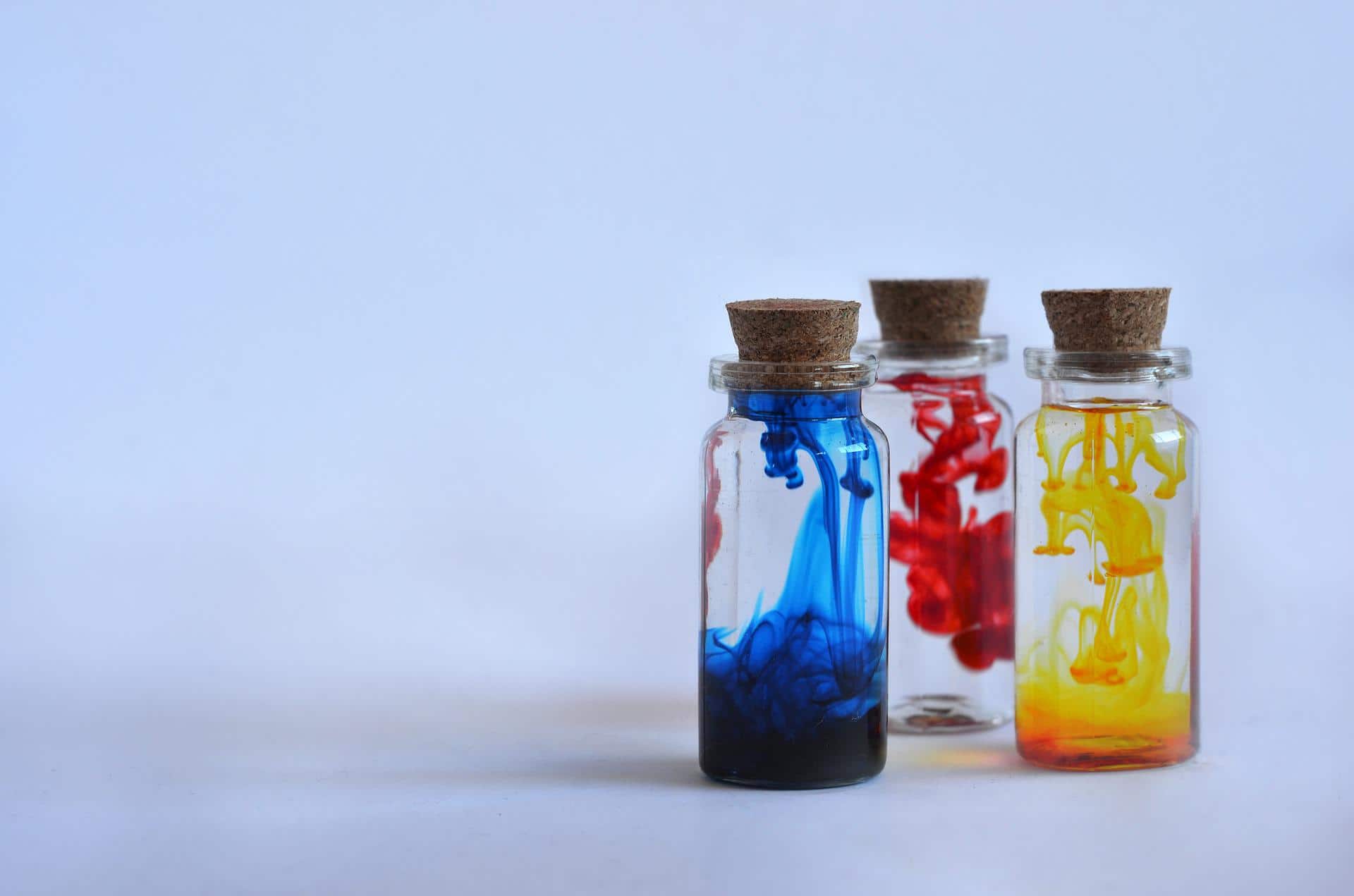Elixirs are defined as clear, aromatic, sweetened, hydroalcoholic liquids intended for oral use. They provide a palatable means of administering potent or nauseous drugs. Elixirs are less sweet and less viscous than syrup and may contain less or no sucrose. Elixirs are more stable than syrups and hence preferred over syrups. Elixirs contain 4-40% of alcohol (ethanol). They may contain glycerin and syrup for increasing the solubility of medicaments or for sweetening purposes. Elixirs may also contain suitable flavouring and colouring agents. Preservatives are not needed in elixirs as the alcohol content is sufficient to act as a preservative.
Types of Elixirs
Table of Contents
1. Non-medicated Elixirs are used in the extemporaneous filling of prescriptions involving the addition of a therapeutic agent to a pleasant tasting vehicle and the dilution of an existing medicated elixir.
NOTE: There should be no incompatibilities between the above and the component of the formula. Example: Aromatic elixirs, Compound Benzaldehyde Elixir, Iso – alcoholic Elixir
2. Medicated Elixirs are employed for the therapeutic benefit of the medicinal agent present. Example: Antihistamine Elixir; Hypnotic and Sedative Elixirs.
Preparation of Elixirs
- Simple solution with agitation.
- By the admixture of two or more liquid ingredients.
Formulation
Vehicles: The vehicle is the main part of the preparation that carries the drug.
1. Production of a clear solution: Flavouring agents containing essential oils or precipitates from plant extract may produce faint cloudiness. To keep the essential oils in a solution state 10 – 20% of alcohol is added. Glycerol (i.e. glycerin) is added to keep the essential oil in the solution and to dissolve some ingredients of plant extracts like tannins and their oxidation products.
2. Solution of medicament of low water solubility: If the drug is not completely soluble in water, then a mixed solvent is used to dissolve the drug (i.e. medicament). e.g. phenobarbitone is dissolved in alcohol, glycerol and water, paracetamol is dissolved in alcohol, propylene glycol and glycerol.
3. Production of a palatable preparation: The vehicle of many elixirs is syrup or flavoured syrup.
Adjuncts
Chemical Stabilizers: Some special chemicals are required to make the elixir stable. e.g. Citric acid, disodium edetate, etc.
Colouring agents: Many elixirs are attractively coloured by coal tar dyes. e.g. Amaranth (magenta red), compound tartrazine (saffron), green S and tartrazine (Green).
Flavouring agents: Sweetening agents and fruit flavours are used. Sweetening agents: e.g. Plain and flavoured sucrose syrup, glycerol, sorbitol, invert syrup and saccharin sodium.
Fruit flavour: Black currant syrup (to mask the bitter taste of the drug), Raspberry syrup (to mask the bitter taste of the drug), Compound orange syrup (to mask the sour and bitter taste of drugs).
Preservatives: To reduce mould growth and fermentation, preservatives are added.
- Vehicles containing 20% v/v alcohol, propylene glycol or glycerol have preservative action.
- A high concentration of syrup has high osmotic pressure, thus acting as a preservative.
- Chloroform water, Chloroform spirits have preservative action.
- Benzoic acid, methyl para-hydroxybenzoate acid (methyl paraben) or propyl para-hydroxybenzoate (propyl paraben) may be used as additional preservatives.
Make sure you also check our other amazing Article on : Preparation of Invert Syrup
